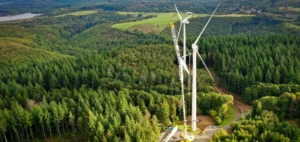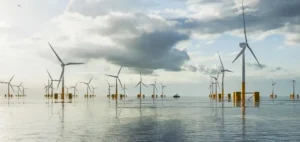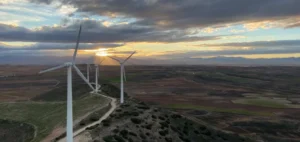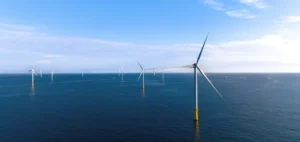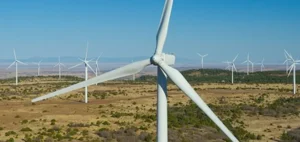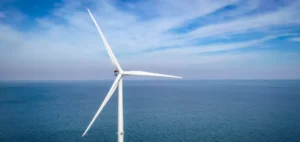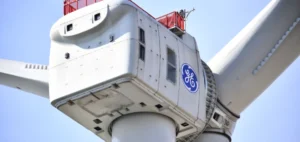During the CERAWeek conference, Petrobras and Equinor signed a letter of intent to expand their cooperation in evaluating the feasibility of seven offshore wind energy projects off the Brazilian coast, with a potential production of 14.5 GW. Both companies aim to contribute to Brazil’s energy transition and create initial conditions for the sustainable development of renewable energy.
A new frontier of clean, renewable energy in Brazil
Anders Opedal, CEO of Equinor, said that extending the collaboration to renewables would provide a wide range of energy sources in Brazil. He added that the cooperation between the two companies will contribute to the realization of offshore wind and the energy transition of the country.
The letter of intent signed by Petrobras and Equinor is the result of a partnership signed in 2018. It initially included the evaluation of two wind farm projects – Aracatu I and II. However, the new agreement now includes five other projects – Mangara, Ibitucatu, Colibri, Atobá and Ibituassu.
Ambitious objectives for the energy transition
Equinor has a long history in Brazil, where the company has been operating since 2001. It has a diversified oil and gas portfolio, with licenses in development and production such as Bacalhau and Peregrino.
The profitable diversification of Petrobras’ portfolio will contribute to the success of Brazil’s energy transition. The company has set ambitious short-term targets and aims to neutralize the emissions of the activities under its control by 2050. In Petrobras’ strategic plan for the period 2023 to 2027, offshore wind is one of the priority segments for in-depth studies.
The potential for offshore wind power generation offers promising opportunities to diversify Brazil’s energy matrix. It is important to note that the allocation of investments will depend on thorough analyses to assess their viability, as well as on regulatory advances that will allow the licensing processes for the activities to be carried out.
In conclusion, the initiative of Petrobras and Equinor to cooperate in evaluating the feasibility of seven offshore wind power generation projects is an important step in Brazil’s energy transition. It will expand the range of available energy sources and contribute to the reduction of greenhouse gas emissions.















